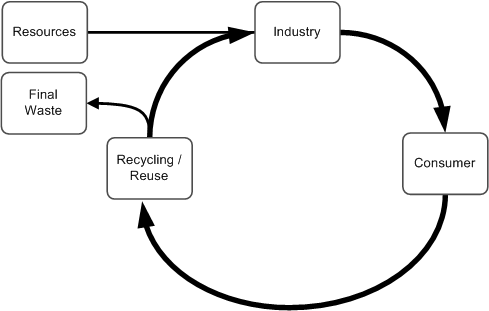The emperor's new "sea plastic" clothes
Julio F. Campos Since the invention of Bakelite in 1907 plastic residues or products has being cumulatively thrown into rivers, and consequently oceans. The consequence is that today there is not a single beach in the world where plastic debris is not present. After the air pollution, this is probably our second global presence footprint. For over a hundred year we are polluting the oceans, but the problem of the great garbage patches in Pacific hit the press and social media in the last few years the problem gained public attention. That it was discovered back in 1988 and we stood for years without caring about it is of little concern. The first large scale attempt to deal with the problem and try to remove the plastic was conceived by Boyan Slat back in 2011, who started a crowdfunding initiative and it is s yet on prototype testing phase, still years from being 24/7 effective on real open sea conditions. Due to lack of investment. ...

